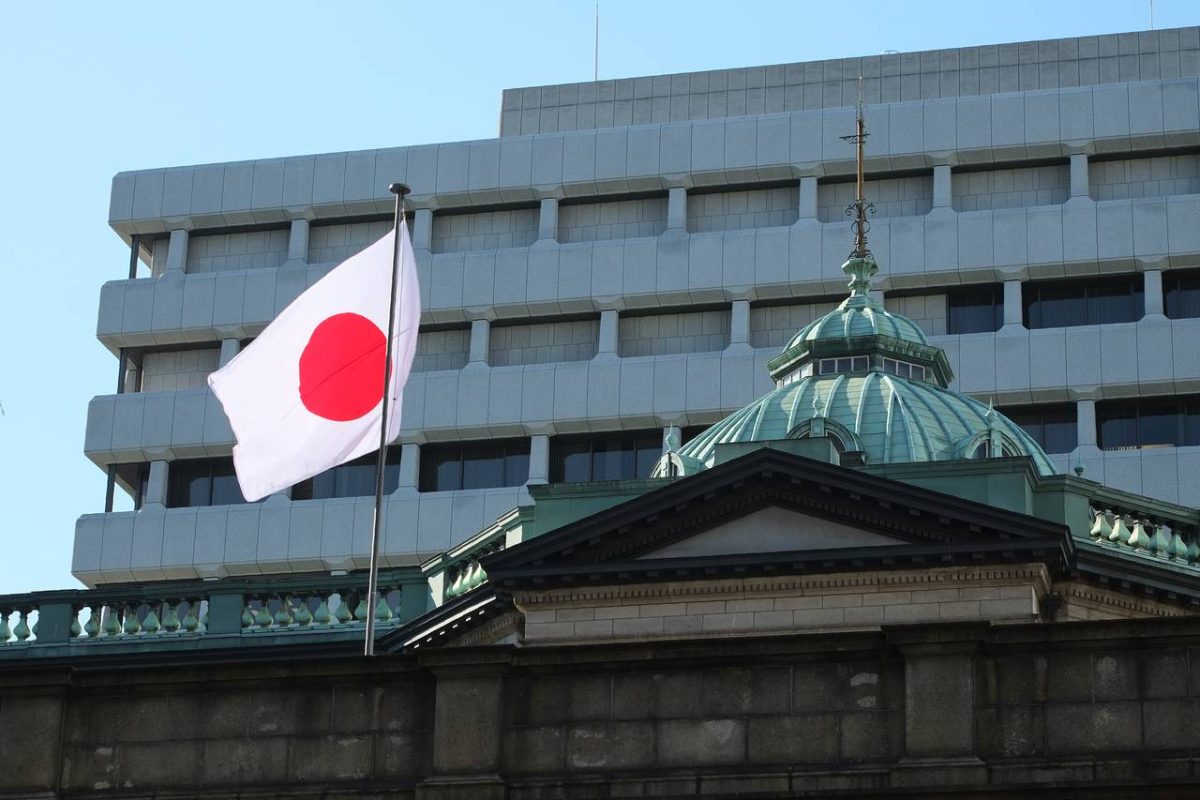Japan Targets Unregistered Crypto Exchanges in Latest Regulatory Crackdown
30.11.2024 16:00 2 min. read Alexander Zdravkov
Japan's Financial Services Agency (FSA) is cracking down on several overseas cryptocurrency exchanges, accusing them of operating illegally within the country.
Among the exchanges named are KuCoin, Bybit, MEXC Global, Bitget, and Bitcastle. The FSA claims these platforms are offering services to Japanese residents without the required registration, violating local cryptocurrency laws.
This regulatory move highlights the potential dangers of using unregistered crypto exchanges. Without proper authorization, these platforms bypass the stringent protections that registered exchanges must follow under Japanese law.
This creates risks for users, who could face issues such as the mixing of customer funds with operational assets and lack of safeguards in case of problems like insolvency or security breaches. Additionally, users of unregistered exchanges are not entitled to the legal protections provided by Japan’s financial regulations, leaving them exposed to possible financial losses.
In Japan, any cryptocurrency exchange offering services within the country must register with the FSA or a local financial authority to comply with the law. This ensures the platform follows necessary consumer protection measures, such as asset segregation and transparent operations. The FSA’s warnings serve as a reminder for users to be vigilant about the platforms they use and to check for registration before engaging in any trading activities.
This crackdown is part of a broader effort by Japan to establish a clearer regulatory framework for the crypto and Web3 sectors. Recently, the Japanese government has restructured its Web3 leadership in an attempt to better balance regulation with innovation in the digital asset space. As the country seeks to bolster its position in the global crypto market, strong regulations are seen as crucial for maintaining consumer trust and ensuring market stability.
-
1
Ripple Drops Cross-Appeal, Moves to End SEC Case “Once and for All”
28.06.2025 12:30 2 min. read -
2
Europe’s Largest Euro-Denominated Spot Crypto Exchange Secures License Under MiCA
29.06.2025 12:00 2 min. read -
3
SEC Approves Grayscale ETF Tracking Top Five Cryptocurrencies
02.07.2025 9:06 1 min. read -
4
Kazakhstan to Establish State Crypto-Reserve Under Central Bank Oversight
30.06.2025 17:00 2 min. read -
5
SEC Explores New Fast-Track Process for Token-Based ETFs
02.07.2025 14:00 2 min. read
U.S. House Blocks Crypto Bills in Blow to Regulatory Momentum
Efforts to establish a clear regulatory path for the cryptocurrency industry in the U.S. hit a major roadblock Tuesday, as the House of Representatives voted 196-223 against advancing three key crypto bills.
U.S. Regulators Define Crypto Custody Rules for Banks
U.S. banking regulators have issued fresh clarity on how financial institutions should handle cryptocurrency custody.
Crypto Week Begins: U.S. Congress Advances Key Bills as Trump Pushes for Regulatory Clarity
The United States has entered a pivotal week for the crypto industry as lawmakers and digital asset advocates prepare for what’s being dubbed “Crypto Week.”
Senate Confirms Crypto-Linked Nominee Jonathan Gould to Head OCC
The U.S. Senate has confirmed Jonathan Gould as the next head of the Office of the Comptroller of the Currency (OCC), moving his nomination to President Donald Trump for final approval.
-
1
Ripple Drops Cross-Appeal, Moves to End SEC Case “Once and for All”
28.06.2025 12:30 2 min. read -
2
Europe’s Largest Euro-Denominated Spot Crypto Exchange Secures License Under MiCA
29.06.2025 12:00 2 min. read -
3
SEC Approves Grayscale ETF Tracking Top Five Cryptocurrencies
02.07.2025 9:06 1 min. read -
4
Kazakhstan to Establish State Crypto-Reserve Under Central Bank Oversight
30.06.2025 17:00 2 min. read -
5
SEC Explores New Fast-Track Process for Token-Based ETFs
02.07.2025 14:00 2 min. read


